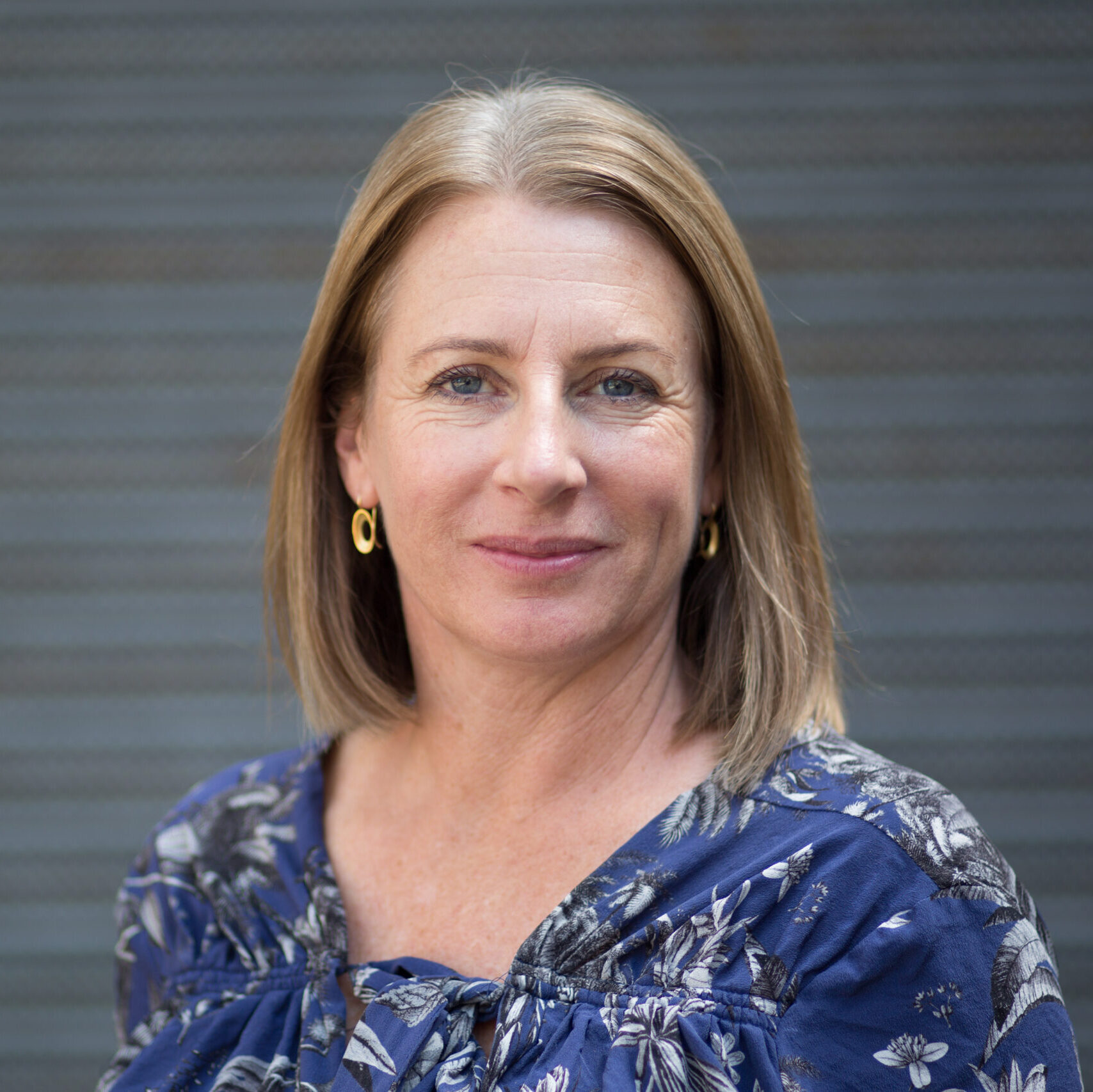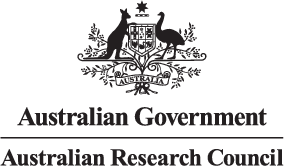Early Modern Women and the Poetry of Complaint, 1540-1660

About
Complaint is a powerful and ubiquitous rhetorical mode in the English Renaissance. It is very often female-voiced, foregrounding the voice and body of a lamenting woman, but until recently, “female complaint” has been understood almost solely as an act of male literary ventriloquy. Complaint poetry was previously defined by the amorous, female-voiced complaints of the 1590s by Edmund Spenser, Samuel Daniel, Thomas Lodge, Michael Drayton, and William Shakespeare, after the model of Ovid’s Heroides. This research project documents and explores a newly expanded corpus of female-authored complaints deriving from the traditions of amatory, Ovidian, and devotional complaints. It has uncovered diverse forms and vocabularies of complaint that were immediately available for use by a woman writer in response to loss, grief, or discontent, from the 1540s to the 1680s.
Complaint Index
The Complaint Index is an interface for exploring the corpus of early modern women’s complaint poetry, visualizing the data from our project in aggregate categories and individual examples and, where possible, linking to poems in open source repositories.
In 2022, the Early Modern Women and the Poetry of Complaint project and Complaint Index were awarded the Renaissance Society of America’s Digital Innovation Award recognizing excellence in digital projects that support the study of the Renaissance. In 2022 the Complaint Index also won the Society for the Study of Early Modern Women & Gender Digital Scholarship Award.


Early Modern Women’s Complaint: Gender, Form, Politics (Palgrave, 2020)
Edited by Sarah C. E. Ross and Rosalind Smith.
This volume is the first sustained interrogation of the ways in which early modern women participated in complaint, the diverse set of complaint models on which they drew, and how our sense of early modern complaint changes when female-authored examples are the focus. It not only uncovers new forms, new texts, and new authors across the early modern period, but also examines known texts by women writers as complaints for the first time, reconsidering how canonical women authors participated in the mode.
Complaint in the News for World Poetry Day, 2022.
Professor Sarah Ross was interviewed by Radio National New Zealand on the eve of world poetry day, after the Early Modern Women and the Poetry of Complaint project and index won the Renaissance Society of America Digital Innovation Award. Listen to Sarah’s interview at this link.
Reviews
Johnson, Bonnie Lander. “Sarah C. E. Ross and Rosalind Smith (eds.). Early Modern Women’s Coplaint: Gender, Form, and Politics.” The Review of English Studies New Series (2021): 1-3. https://doi.org/10.1093/res/hgab068
Publications
Arthur, Jake. “Anne Lock or Thomas Norton? A response to the re-attribution of the first sonnet sequence in English.” Early Modern Women: An Interdisciplinary Journal 16, no. 2 (2022). https://doi.org/10.1086/717452
Arthur, Jake, and Rosalind Smith. “Women’s Complaint, 1530–1680: Taxonomy, Voice, and the Index in the Digital Age.” In Early Modern Women’s Complaint: Gender, Form, and Politics, edited by Sarah C. E. Ross and Rosalind Smith, 291-312. Cham: Palgrave, 2020.
O’Callaghan, Michelle. “‘Good Ladies be working’: singing at work in Tudor women’s song.” Huntington Library Quarterly 82 (2019): 107-26.
Ross, Sarah C. E. “Complaint’s Echoes.” In Early Modern Women and Complaint: Gender, Form, and Politics, edited by Sarah C. E. Ross and Rosalind Smith, 183-202. Cham: Palgrave, 2020.
Ross, Sarah C. E. “Hester Pulter’s Devotional Complaints: ‘Then will I hallelujahs ever sing’.” Journal of Early Modern Cultural Studies 20, no. 2 (2020): 99-119.
Ross, Sarah C. E., and Rosalind Smith, eds. Early Modern Women’s Complaint: Gender, Form and Politics. Cham: Palgrave Macmillan, 2020.
Ross, Sarah C. E., and Rosalind Smith. “Beyond Ovid: Early Modern Women’s Complaint.” In Early Modern Women’s Complaint: Gender, Form, and Politics, edited by Sarah C. E. Ross and Rosalind Smith, 1-26. Cham: Palgrave Macmillan, 2020.
Smith, Rosalind, Sarah C. E. Ross, Michelle O’Callaghan, Jake Arthur, and Mitchell Whitelaw. “Early Modern Women’s Complaint Poetry Index.” https://cems.anu.edu.au/complaintindex/, August 23, 2021. https://doi.org/10.25911/SE1P-Z688.
Smith, Rosalind, Sarah C. E. Ross, and Michelle O’Callaghan. “Complaint.” In A Companion to Renaissance Poetry, edited by Catherine Bates, 339-52. Oxford: Blackwell, 2016.
Smith, Rosalind. “Cultures of Complaint: Protest and Redress in the Age of #Metoo.” Australian Humanities Review 63 (2018): 172-79.
Smith, Rosalind. “‘Woman-like complaints’: lost love in the first part of The Countess of Montgomery’s Urania.” Textual Practice 33, no. 8 (2019): 1341-362.
Presentations
Arthur, Jake. “Early Modern Complaint: Gender and Form.” Roundtable presentation, Renaissance Society of America Virtual Annual Meeting, April 2021.
O’Callaghan, Michelle. “‘Good Ladies, help to fill my mourning voice’: Performing Affective Communities.” Renaissance Society of America Virtual Annual Meeting, April 2021.
Conference by Complaint Grant Team: Complaints and Grievances: Literary Traditions, Victoria University of Wellington, New Zealand, February 2019.
O’Callaghan, Michelle. “Complaints and Grievances: Isabella Whitney’s The Copy of a Letter.” Shakespeare Association of America Annual Meeting, Los Angeles, USA, March 2018.
O’Callaghan, Michelle. “‘The Lamentacion of a Gentilwoman’: Isabella Whitney and the Complaint.” Renaissance Society of America Conference, New Orleans, USA, March 2018.
O’Callaghan, Michelle. “‘Good Ladies be Working’: Scenes of Speaking in Female-Voiced Ballads.” Renaissance Society of America Conference, Boston, USA, March-April 2016.
Ross, Sarah C. E. “Women’s Songbooks and Voices of Complaint in Early Modern England.” Centre for Medieval and Renaissance Studies Online Seminar, Monash University, Australia, May 2021.
Ross, Sarah C. E. “Early Modern Women and the Poetry of Complaint.” Early Modern Literature Online Seminar, University of Oxford, UK, February 2021.
Ross, Sarah C. E. “Woe is She: Female Complaint and Women’s Songbooks in Early Modern England.” Keynote Speaker, Female Experience in Early Modern England Conference, University of Auckland, New Zealand, November 2020.
Ross, Sarah C. E. “‘To thee, and only thee, I will complain’: Devotional Complaint and its Refusal in Hester Pulter’s Religious Lyrics.” Australia and New Zealand Association for Medieval and Early Modern Studies (ANZAMEMS) Conference, Sydney, Australia, February 2019.
Ross, Sarah C. E. “‘To thee, and only thee, I will complain’: Devotional Complaint and its Refusal in Hester Pulter’s Religious Lyrics.” Poet in the Making: Hester Pulter Advisory Board Symposium, Chicago, USA, July 2018.
Ross, Sarah C. E. “Complaint, Dialogue, and a ‘sympathy of woes’: Hester Pulter’s ‘A Dialogue Between Two Sisters’.” Shakespeare Association of America Annual Meeting, Los Angeles, USA, March 2018.
Ross, Sarah C. E. “Complaint’s Echoes.” Renaissance Society of America Annual Meeting, New Orleans, USA, March 2018; and Society of Renaissance Studies Conference, Sheffield, UK, July 2018.
Ross, Sarah C. E. “Woes Amplified? Women and Complaint in Dialogue in English Civil Way Poetry.” Complaints and Grievances Conference, Reading, UK, July 2017.
Ross, Sarah C. E. “‘Woe is me’: Female Complaint and the Woman Poet, 1640-1660.” Renaissance Society of America Conference, Boston, USA, March 2016.
Ross, Sarah C. E. “The ‘female complaint’ and Women Poets: A Lover’s Complaint, The Ruines of Time, and Hester Pulter’s ‘The Complaint of Thames’.” London Shakespeare Seminar, UK, March 2015.
Ross, Sarah C. E. “Female Complaint and the English Civil War.” Writing the Stain of Blood: A Symposium on Poetry and History, Victoria University of Wellington, New Zealand, December 2015.
Smith, Rosalind. “Performing Women in Early Modern England and Scotland: Voice and Authorship.” Moderator for EMWRN sponsored panel, Renaissance Society of America Virtual Annual Meeting, April 2021.
Smith, Rosalind. “Mary Stuart, Catholicism, and Forms of Public Worship.” Panel II: Women and Public Liturgy, Renaissance Society of America Virtual Annual Meeting, April 2021.
Smith, Rosalind. Early Modern Complaint: Gender, Form, and Politics. Convenor EMWRN Round table, Renaissance Society of America Virtual Annual Meeting, April 2021.
Smith, Rosalind. “Early Modern Complaint: Gender, Form, and Politics.” Renaissance Society of America Virtual Annual Meeting, April 2021.
Smith, Rosalind. “Early Modern Women and the Poetry of Complaint.” Centre of Early Modern Studies Oxford Seminar Series, UK, February 2020.
Smith, Rosalind. “Complaint and Grievance: Literary Traditions.” Keynote Speaker, National Library of New Zealand and Victoria University of Wellington, New Zealand, February 2019.
Smith, Rosalind. “‘Communities of Woe:’ The Complaint Poetry of Mary Sidney, Countess of Pembroke, Lady Dorothy Sidney, and Lady Mary Wroth.” Australia and New Zealand Association for Medieval and Early Modern Studies (ANZAMEMS) Conference, Sydney, Australia, February 2019.
Smith, Rosalind. “‘Woman-like Complaints’: Lost love in Lady Mary Wroth’s Urania.” Reading Early Modern Studies Conference, University of Reading, UK, July 2017.
People

Professor Rosalind Smith
Professor Rosalind Smith is Chair of the Discipline of English and Director of the Centre for Early Modern Studies at ANU, and is co-convenor of the Early Modern Women Research Network (EMWRN). She works on gender, form, politics, and history in early modern women’s writing, with particular interests in the ways in which women’s writing is produced, circulated, and received. View full bio >

Professor Sarah C. E. Ross
Sarah C. E. Ross is Professor of English at Te Herenga Waka, Victoria University of Wellington. She is the author of Women, Poetry, and Politics in Seventeenth-Century Britain (2015), co-editor of Editing Early Modern Women with Paul Salzman (2016), Women Poets of the English Civil War with Elizabeth Scott-Baumann (2017); Early Modern Women’s Complaint: Gender, Form, and Politics with Rosalind Smith (2020), and Oxford Handbook of Early Modern Women’s Writing in English, 1540-1689 with Danielle Clarke and Elizabeth Scott-Baumann (forthcoming). Her research focuses on early modern women’s writing, in particular poetry, religious and political writing, and manuscript and print culture.

Professor Michelle O’Callaghan
Michelle O’Callaghan is Professor of English Literature at the University of Reading, where she is the director of the Early Modern Research Centre. Her primary research interests are early modern literature and politics, print and manuscript culture, literature and sociability, pastoral, satire, and travel-writing. Her most recent book Thomas Middleton, Renaissance Dramatist (2007), explores Middleton’s inventive use of stagecraft in relation to early modern forms of wit.

Jake Arthur
Jake Arthur is a DPhil candidate and Clarendon Scholar at the University of Oxford. His thesis “‘The stuffe not ours’: the work of derivation in women’s writing, 1560–c. 1664″ examines early modern women’s work in translation and paraphrase and seeks to reclaim the expressive and intellectual possibilities of “derivative” works. He works as a researcher on the ARC Future Fellowship Marginalia and the Early Modern Woman Writer,1530-1660 and the ARC-Marsden Grant ‘Woe is me:’ Women and Complaint in the English Renaissance.

Professor Mitchell Whitelaw
Professor Mitchell Whitelaw is an academic, writer, and maker with interests in digital design and culture, data practices, more-than-human worlds, and digital collections. His work has appeared in journals including Leonardo, Digital Creativity, Digital Humanities Quarterly, and Senses and Society. He has worked with institutions including the State Library of NSW, the State Library of Queensland, the National Archives, and the National Gallery of Australia, developing “generous” interfaces to their digital collections. Mitchell is currently a Professor in the School of Art and Design at ANU.
Partner Institutions




This project was supported by the Australian Government through the Australian Research Council Discovery Project scheme (Early Modern Women and the Poetry of Complaint, 1540-1660 DP 170103439).

